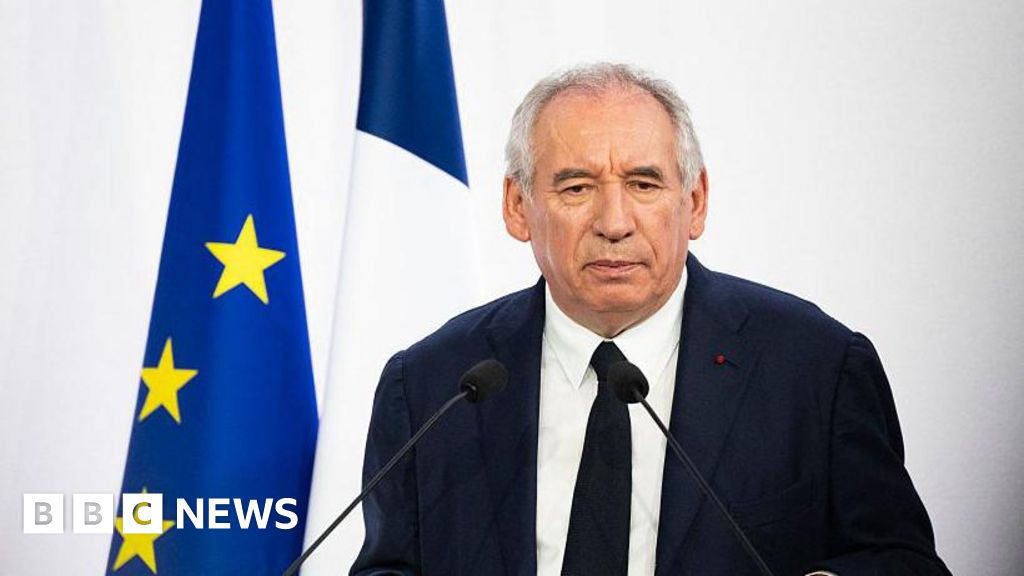French opposition parties have said they will not back Prime Minister François Bayrou after he called a vote of confidence on 8 September on plans for deep budget cuts.
Bayrou, who has led a minority government since last December, called the vote on Monday, warning France was facing a worrying and therefore decisive moment. Yes, it's risky, but it's even riskier not to do anything, he said, in the face of France's mounting budget deficit.
From the National Rally on the right to the Socialists, Greens, and France Unbowed on the left, opposition parties lined up to say they would vote against him.
Bayrou called the vote two days before protests have been called across France to block everything.
The Bloquons tout movement, which began on social media but has since been backed by unions and the far left, emerged after Bayrou announced plans in July for nearly €44 billion in budget cuts.
Reacting to news of the vote, France's CAC-40 share index fell 1.59% on Monday, followed by a further 2% drop on Tuesday.
Finance Minister Eric Lombard stated that collectively we have to find a way to prepare a budget for recovery for 2026. Last year’s budget deficit hit 5.8% of France’s GDP, with Bayrou emphasizing that parliament would need to choose a path to escape from the burdens of debt.
Bayrou's outlook seems bleak as the far-right National Rally quickly expressed their refusal to support him. Its president, Jordan Bardella, declared that Bayrou had effectively ended his government, while Marine Le Pen suggested that only dissolving parliament could allow France to choose its own destiny. Opposition from other leftist groups compounds the challenges he faces as he seeks any form of coalition support.
Unless Bayrou can sway these parties, his political future appears uncertain. The looming vote is expected to be a critical test of his government’s stability, with many emphasizing that the proposed cuts have garnered little support even among his own constituents.
As the situation evolves, public demonstrations are likely to escalate, with the potential for considerable unrest as citizens react to the proposed fiscal measures.






















